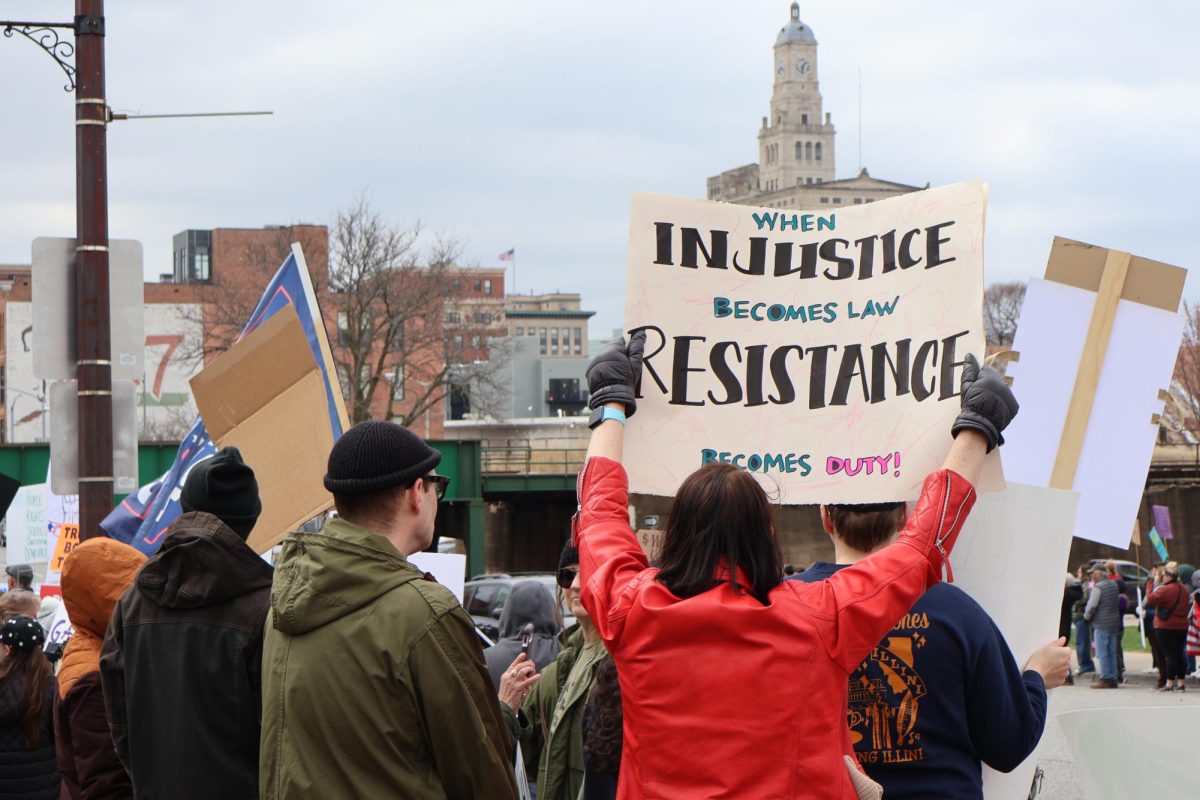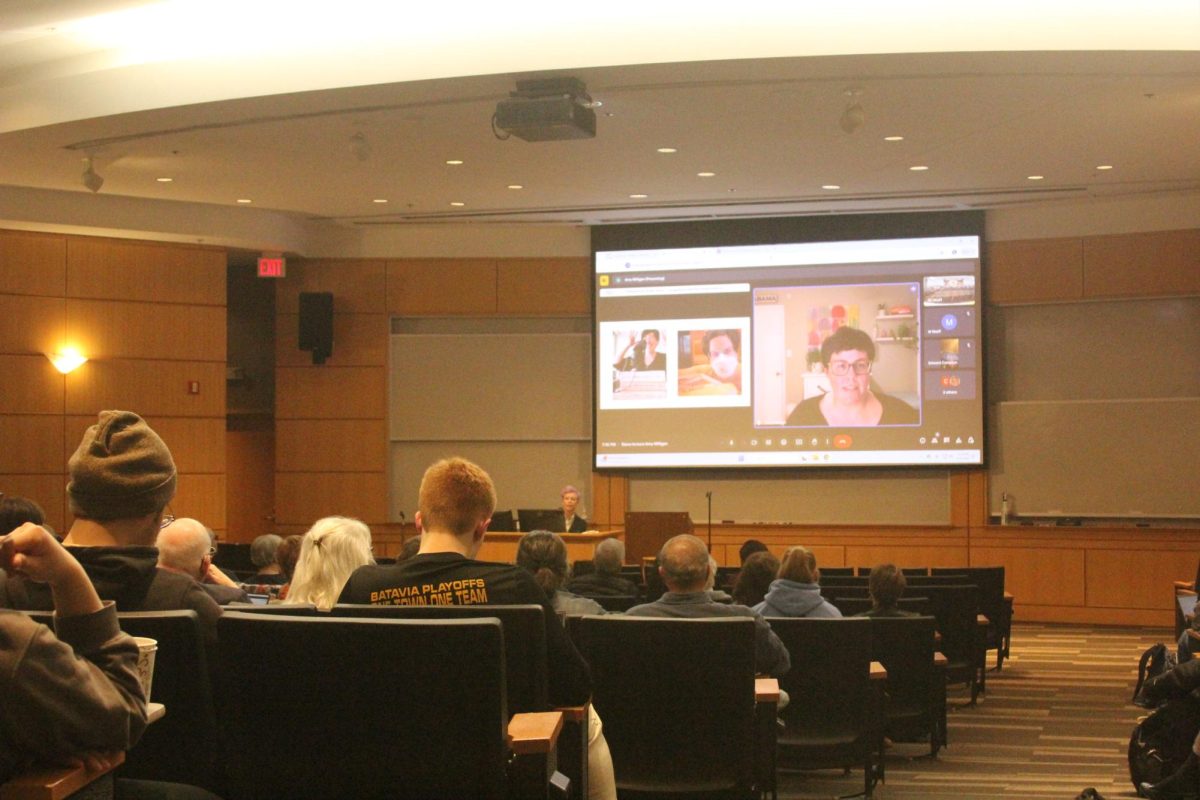Warming up to climate change: The limit of individual action
November 20, 2022
Climate activists with Greenpeace, Extinction Rebellion and other organizations cycled across a private jet runway and chained themselves to aircraft at Schiphol Airport in Amsterdam on Nov. 5. These protesters attempted to stop private jets and short-haul flights due to their greenhouse gas emissions.
In recent weeks, other activists have thrown soup at famous art and even glued themselves to walls. While these protests are outrageous and highly illegal, they are succeeding in garnering attention for climate change.
The question here is whether these protests are working to change policies and practices that continue to contribute to climate change. Unfortunately, it seems like they aren’t.
If corporations and the government have yet to implement and work towards a greener future after decades of warnings and pleas from the public, there is little hope of change now, regardless of how many protests take place.
There have been protests and activism for climate change for many years. However, there has still been minimal change to pollution levels around the world. The problem seems to be that regardless of how many individuals reduce their carbon footprint, the largest emissions are from industry, transportation and energy generation.
Individuals want to believe that their actions can make a difference and reduce climate change. While every little bit helps in terms of pollution, realistically, there is little that anybody can do on the individual level.
Unfortunately, while we have been told for decades to walk rather than drive when possible and to recycle what we can, greenhouse gas emissions are still on the rise. This is because it will take real action to make an impact on the direction of climate change now. This real action must come from the government who establishes the policies and the corporations who must follow them.
The only true relief in terms of pollution recently has been during the COVID-19 lockdown in many countries around the world. While people were instructed to work from home, flights were canceled and factories shut down, emissions dropped significantly and air quality increased around the world.
Changes like this show that even the slightest changes to everyday life guided by governmental policies can make an impact on the pollution that impacts climate change. Unfortunately, many were against the closures of work, school and flights. The economy suffered drastically once everything shut down.
The suffering economy during the COVID-19 shutdown highlights the reason why U.S. policymakers and corporations are resistant to changing their ways. When the industry is unable to operate as usual, our economy suffers greatly. Despite the negative effects our industry has on climate change due to emissions, it is unlikely that anything will change.
The only real power that individuals have lies in their pockets and on their ballots. The largest power we have as individuals is what companies and products we support as consumers. If people were to boycott chain restaurants and stores, there would be less need for transporting supply due to less demand. Unfortunately, this may be unrealistic for everyday consumers who can’t afford to support local businesses due to their usually higher prices.
Last week, we saw the importance of voting during the midterm elections. The most power that everyday American individuals have is through voting.
By understanding which candidates are against climate change, individuals can vote them into a position of power. By having more representation in the environmental sector, it’s more likely that pressure will be put onto corporations to stop ‘business-as-usual’ and work towards a greener future.
Overall, there is no harm in individual action. Driving less, walking more and recycling can only benefit the environment, albeit minimally. To make a true dent in the effects of climate change, true action must be taken.
Whether in the form of protesting or through voting for environmentally conscious political figures, individuals can make a difference and put the pressure on those in power to do what is right, even if it isn’t what is easy.
While Augie is generally environmentally friendly, students can make an impact on campus through both individual actions and speaking out. Individually, the dining hall sees extreme amounts of food waste. Students can make the conscious choice to grab less food initially to potentially lessen the amount that is thrown away after their meal.
On the other hand, students can also discuss the possibility of a more sustainable campus with the appropriate administration officials.
If many students express concern about Augustana’s contribution to climate change, seeing the open-mindedness of the administration, there could very well be significant changes made in upcoming years.



































































































